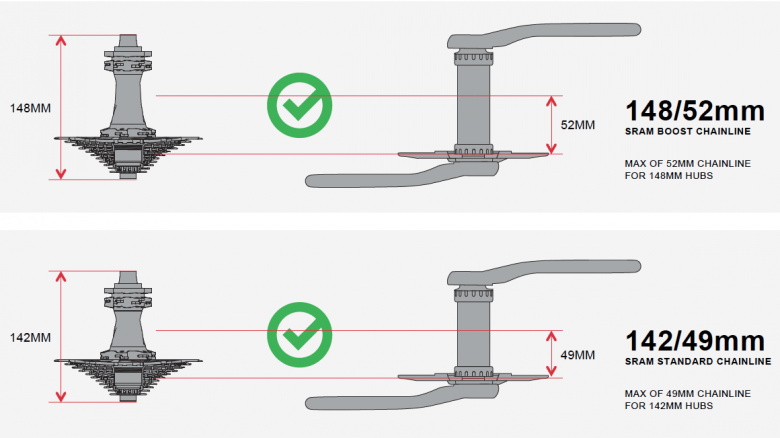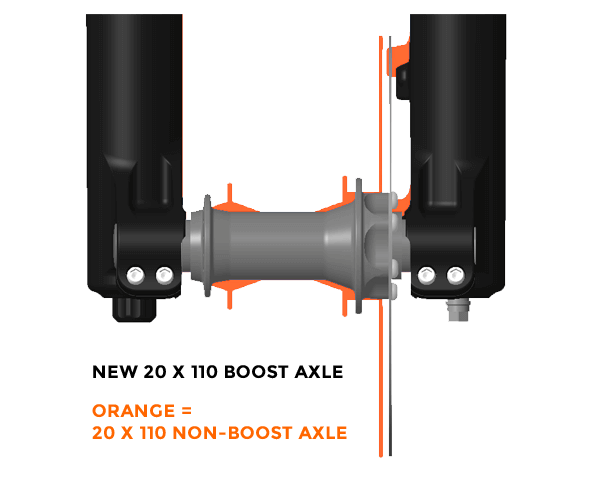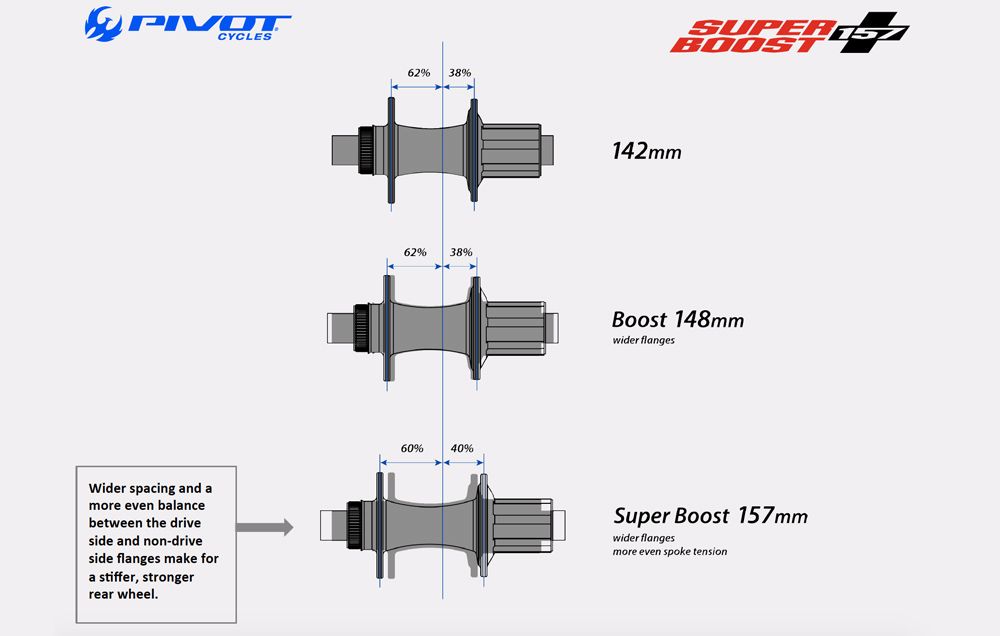Roads & PavementRoads & Pavement
Barefoot
Minimal
Low
Medium
High
Maximal
All around running shoes offer comfort and cushioning for daily runs, jogs, walks, and long mileage. They offer enough versatility for both faster and slower runs and are a great option for those who want one running shoe to do it all.
Fast run or uptempo running shoes are lightweight and responsive. They offer streamlined designs that have minimal uppers and offer a high level of energy return. These shoes are a great option for faster runs in the week or those looking for a livelier experience.
Max Cushion shoes offer premium cushioning with ample ground protection and a stable ride. These types of shoes provide abundant impact protection that softens landings while running at any pace or distance. These types of shoes are best for slower recovery runs and easy days where comfort takes priority.
Racing shoes are designed with optimal performance in mind. These types of shoes have snug-fitting uppers, energetic midsole foams, and features implemented for maximum efficiency. These types of shoes are best for runners looking to gain the ultimate advantage in races but may sacrifice some durability and comfort.
Gym Workout shoes offer a stable and versatile ride. They have a firmer underfoot feeling that provides stability for lateral movements with comfortable uppers. These types of shoes are best for trips to the gyms, cross training, casual wear, and light running. What the Boost is going on ENVE Composites USA
Road running shoes feature smooth outsoles that are designed for running on paved surfaces such as roads, sidewalks, and bike paths.
Designed to handle most trail runs, these shoes prioritize comfort and a smooth ride. These shoes are great for anything from smooth singletrack, park trails, and fireroads making them ideal for those who run from their doorstep on streets before hitting the trail.
These shoes are best used for hard, rugged trails such as shale, granite or sandstone where grip on smooth surfaces and underfoot protection are important.
Designed for use in muddy, soggy conditions, these shoes feature very aggressive outsoles that dig deep into soft ground for exceptional traction.
These shoes feature technical outsoles designed to grip snowy and icy trails making them ideal for winter trail running.
Cushioning level, or stack height, refers to how much shoe is between your foot and the ground. For this category, we reference the amount of cushioning below the forefoot as the heel height will be equal to or greater than the forefoot height.
Boost Hub Conversions Mountain Racing Products
0-13mm. The Shoe generally does not have a midsole and feels like there is no cushioning. This shoe is all about feeling the ground underfoot.
14-18mm. The shoe has a thin midsole that allows for a natural running experience. Racing shoes and minimalist shoes are common here. These shoes offer a feeling of being connected to the road or trail.
19-23mm. The shoe has a slightly cushioned feel and may feature added cushioning technologies. Performance training shoes and some trail shoes are common here. These offer protection during footstrike but prioritize a lightweight, grounded experience.
24-28mm. These shoes have a stack height that fall near the middle of the spectrum.The shoes in this category are verstaile and great for all types of runs and distances.
29-34mm. The shoe has a thick midsole and ample cushioning. These shoes are highly protective and absorb more impact than the body.
35mm plus. The shoe has an extremely thick midsole and extra cushioning. The focus is on protection and soft foam underfoot with hardly any ground feel.
Neutral shoes support the foot through a normal range of arch collapse and generally do not have a built-in technology to correct movement.
Stability shoes are a great option for those who overpronate or need added support. These shoes help to limit the inward rolling motion of the ankle while running or walking and assist in guiding the foot straight through the gait cycle. How to Adapt an Old MTB Wheel to a New Boost Fork DIY Mountain Bike
Product Details:
Boost spacing what is it and should you invest in Boost equipped sales, Road Boost Spacing Wheelworks sales, Problem Solvers Rear 6mm Booster Kit 6 Bolt Hub Rear Axle sales, Explainer Road Boost is a new road bike wheel standard here s sales, Non boost hub to boost fork pwedi YouTube sales, What is 20mm DH Boost Spacing sales, Wolf Tooth comes to the rescue of non boost wheel owners BikeRadar sales, Review Want to run non Boost wheels in your Boost frame fork sales, Problem Solvers Super Booster Rear Hub Spacing Kit The Spoke sales, Boost Spacing Shouldn t Matter sales, Hub sales, Say what The difference between 20x110mm thru axles and 20x110mm sales, A good solution for non boost hubs with a boost fork Mountain sales, 148mm boost and 150mm DH hub Singletrack World Magazine February sales, Boost Spacing Overview sales, Convert non Boost to Boost how to Trailmech sales, How to Convert Older MTB Wheels to Boost Spacing Singletracks sales, Boost Spacing Shouldn t Matter sales, Booster and Super Booster Kits How to Get Your Old Wheels Boosted sales, Boost Chainline and 1x Boost Chainring Selection sales, Rapid XBA 58 Rear Hub Boost Adapter Rapide sales, Tech Talk What s the Boost standard all about ENDURO sales, Boost Brothers Pole Bicycles sales, Road Boost Spacing Wheelworks sales, What is Boost Explaining the new mountain bike hub dimension sales, What is 20mm DH Boost Spacing sales, Say what The difference between 20x110mm thru axles and 20x110mm sales, Boost Hub Conversions Mountain Racing Products sales, SRAM Introduces BOOST 148x12 and 110x15 Standard 2016 Forks sales, Tech Talk Boost 148 explained Mountain Bike Reviews Forum sales, Squeezing boost onto non boost frame Rotorburn sales, Super Boost Plus 157 rear axle standard is it here to stay sales, DNM USD 8S Endless Sphere DIY EV Forum sales, How to Adapt an Old MTB Wheel to a New Boost Fork DIY Mountain Bike sales, How big of a deal is Super Boost BikeRadar sales, First Ride The 2016 Pivot Switchblade Bicycling sales, How to Adapt an Old MTB Wheel to a New Boost Fork DIY Mountain Bike sales, Boost Hub Conversions Mountain Racing Products sales, What the Boost is going on ENVE Composites USA sales, Tech Talk What s the Boost standard all about ENDURO sales, Boost Hub Conversions Mountain Racing Products sales, Tech Talk What s the Boost standard all about ENDURO sales, Standard Boost And Super Boost What s The Difference NOBL Wheels sales, What is 20mm DH Boost Spacing sales, Super Boost Plus 157 rear axle standard is it here to stay sales, Standard Boost And Super Boost What s The Difference NOBL Wheels sales, Tech Talk What s the Boost standard all about ENDURO sales, Boost The Hows Whys and What Fors Spoke Magazine sales, Road Boost Spacing Wheelworks sales, Boost Wheels and why this spec does matter Strada THE wheel experts sales, Product Info:
Non boost hub spacing sales.
- Increased inherent stability
- Smooth transitions
- All day comfort
Model Number: SKU#7331210




